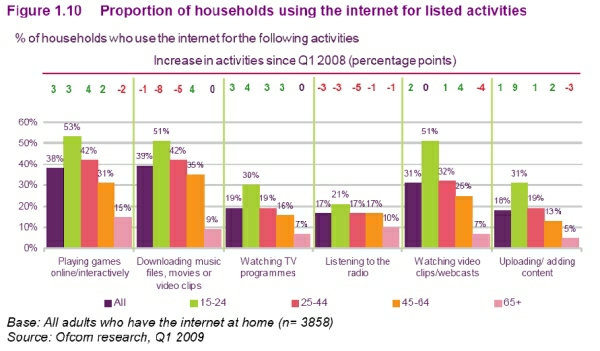I met with Stephen Timms, Communications Minister today. His official title is Minister for Digital Britain.
I have met Government Ministers before in a long career spent lobbying Parliamentarians on behalf of various trade associations. This was my first meeting in what might be termed a formal environment. I was there with some of the ISP Association Council members to discuss topical issues pertinent to the ISP industry.
I was quite impressed with the process. We assembled in reception at 1 Victoria Street in plenty of time. At some stage an aide met us, whizzed us up to the top floor of the Department of Business Innovation and Skills. It was a round elevator – very impressive – funny what sort of things you notice.
Arriving at the 8th floor we were ushered into a holding room before moving in to see Steve himself. At the appointed time a different aide moved us into ST’s office where we said our hellos and got down to the business of the day.
I was quite impressed with Stephen Timms. Being in the Dept of BIS his remit is to look after industry and he seemed genuinely interested in doing so.
In 45 minutes there is only a limited amount we could cover. We discussed the P2P aspects of the Digital Britain report. I’ve written plenty about this. Key points put across today were that in considering the legislation the Government should ensure that a fair way of apportioning the costs was implemented and that a review of the licensing framework should be conducted.
The current proposals hinge more around sticks than carrots. If illegal music downloaders are to be pursued then a legal alternative should be offered. This is not easy at the moment because of the complexities of licensing the Intellectual Properties of the various rights holders. I’ll detail this in a separate blog post.
We also discussed “prospective effect” and, briefly, more of the Digital Britain report. I doubt many of you have heard of prospective effect – again I will need to write a separate post on this. If I said “mere conduit” perhaps that gives you a clue.
I have to apologise to those of you who wanted me to bring up the subject of broadband 2Meg Universal Service Obligation. We ran out of time on this occasion but now contact has been established there will be other opportunities. 45 minutes, though it seems short, is quite a lot of time to be given by a Government Minister. His diary is chock a block and the next lot were already waiting in the holding room as we were leaving.
As a footnote the clock in his office had stopped – funny what you notice!…


